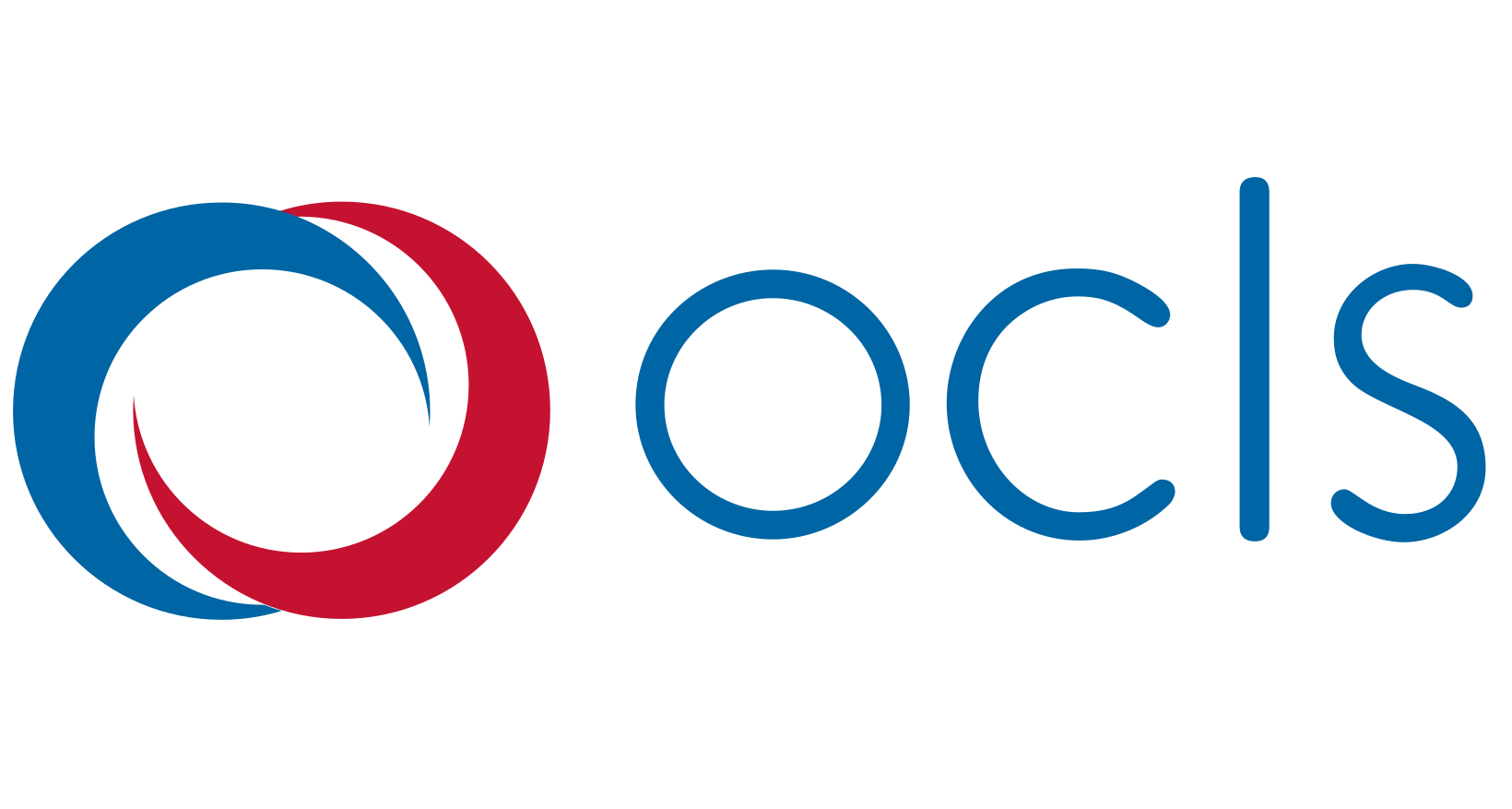Information for eResource Vendors
This page provides an introduction for vendors of online academic resources to the functions, principles, and expectations of OCLS's eResources Management service. Information about the colleges we work with can be found on Our Members page. For FTE data, please visit the Student Populations page.
Working with OCLS & the Ontario College Libraries
OCLS's eResource Management service is fully funded by the Ontario Ministry of Colleges and Universities, and freely available to all 24 colleges. All vendor discounts and fees are passed on as-is to the college subscribers.
OCLS does not accept unsolicited offers from vendors. Vendors are welcome to promote their online resources directly to the college libraries. Vendors should only contact college libraries, not faculty or other staff, with product and other marketing information.
If a college becomes interested in a new resource, they may pursue acquisition independently, or they may refer the vendor to OCLS to pick up the acquisition on their behalf.
Colleges may also recommend new resources for potential consortial selection. With sufficient interest from the other colleges, OCLS will contact the vendor to begin exploring development of a new consortial agreement. Please see the section below about “Consortial Agreements with OCLS” for more information.
Types of Resources Supported by OCLS
Our service supports the acquisition of licensed online library resources such as:
-
-
- Ejournal and ebook collections
- Periodical databases
- Ready reference materials (e.g., encyclopedias, directories)
- Interactive learning applications (e.g., 3D anatomy programs, language courses)
-
We do not currently offer support for the following types of resources:
-
-
- Open access and other free resources
- Physical materials, including print materials and software (e.g. DVDs, CD-roms, downloadable applications, datasets)
- Single titles (e.g. an ejournal, ebook, video, or document etc.)
- Software as a service (SaaS), online tools
-
College FTE Data & Pricing
OCLS uses the Full Time Equivalent (FTE) data audited by our and the colleges’ mutual funding body, the Ministry of Colleges and Universities, in all cases where enrolment count, user base size, or FTE is a pricing factor. These FTEs are updated every April, and are used for the duration of our April – March fiscal year. We maintain a publicly available list of these FTE on the Student Populations page.
Common Renewal Date
All subscriptions from the same vendor will be aligned on a common subscription term, sharing the same start and end dates.
New subscribers who begin their subscription mid-term, and existing subscribers who upgrade mid-term or transfer a subscription they’ve been handling independently to OCLS for management, will be prorated to the common renewal date.
Renewal Terms & Conditions
OCLS does not handle subscriptions with auto-renewal terms. All subscriptions must be licensed to expire at the end of the subscription period unless we have agreed in writing to renew.
Consortial Agreements with OCLS
OCLS does not require a consortial agreement to support an individual college’s acquisition, but as part of our service we do frequently work with vendors to develop mutually beneficial consortial agreements that maximize the benefits of collective procurement.
OCLS also regularly partners with other library consortia to license resources of mutual interest to our members, including Consortia Canada, and the Ontario Learning Resources for Nursing consortium (OLRN).
Benefits to Vendors
-
-
- Efficient licensing process
- Efficient setup and invoicing for new subscriptions
- Reduced administrative time
- Streamlined customer communications through the consortium
- Streamlined invoicing and payment
- Streamlined renewal workflows
-
For more information about developing a consortial agreement with OCLS, please see the files below and contact OCLS.
